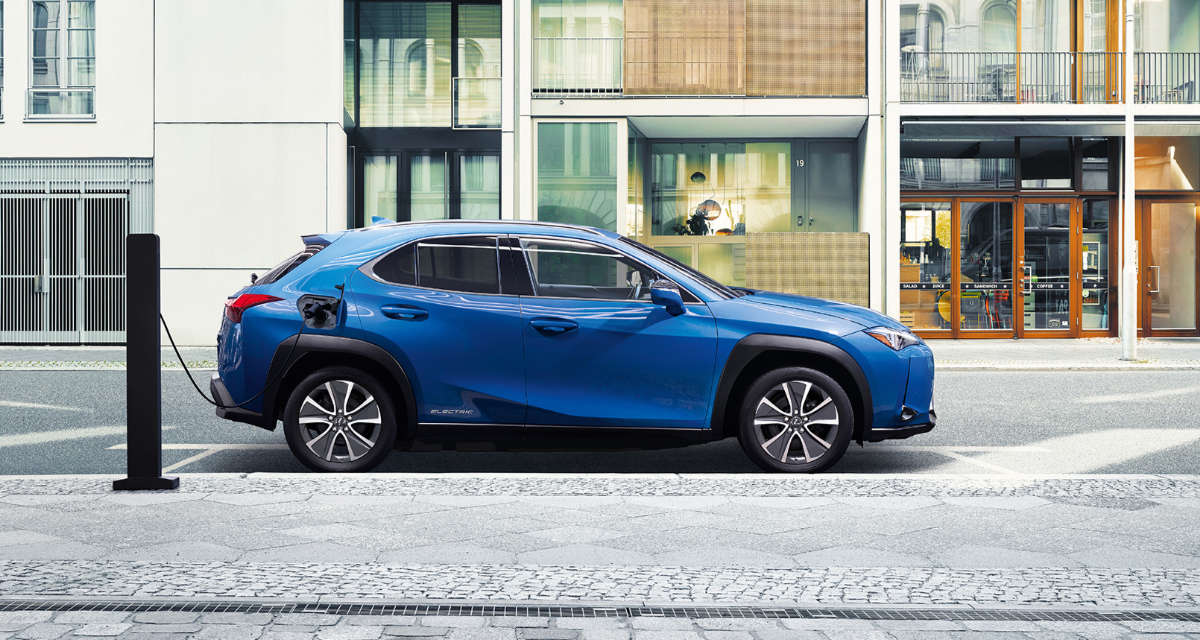Will1991
Moderator
- Messages
- 1,630
- Reactions
- 3,326
Some more information came up on Lexus Portugal:
->They're expecting more than 300km WLTP range;
->Sales start between Q3 and Q4 for some European markets, 2021 for all of Europe;
->More cargo than the UX250h (367L vs 283L up to cover and 486L vs 401L up to ceilling.
->7h AC charging (200V@30A)
->50min DC charging 0-80% (125A Max.)
Source: https://www.lexus.pt/discover-lexus/lexus-news/
They keep the same charging speed (50kW) so, it should be the same between Europe and China... Still no info regarding DC charging plug for Europe (hopefully CCS....).
This range is enough for everiday use, my biggest journey is around 320km round trip between where I live and my fathers home (around once a week), so if this doesn't change and correctly priced... Maybe we've a winner for me.
->They're expecting more than 300km WLTP range;
->Sales start between Q3 and Q4 for some European markets, 2021 for all of Europe;
->More cargo than the UX250h (367L vs 283L up to cover and 486L vs 401L up to ceilling.
->7h AC charging (200V@30A)
->50min DC charging 0-80% (125A Max.)
Source: https://www.lexus.pt/discover-lexus/lexus-news/
They keep the same charging speed (50kW) so, it should be the same between Europe and China... Still no info regarding DC charging plug for Europe (hopefully CCS....).
This range is enough for everiday use, my biggest journey is around 320km round trip between where I live and my fathers home (around once a week), so if this doesn't change and correctly priced... Maybe we've a winner for me.

